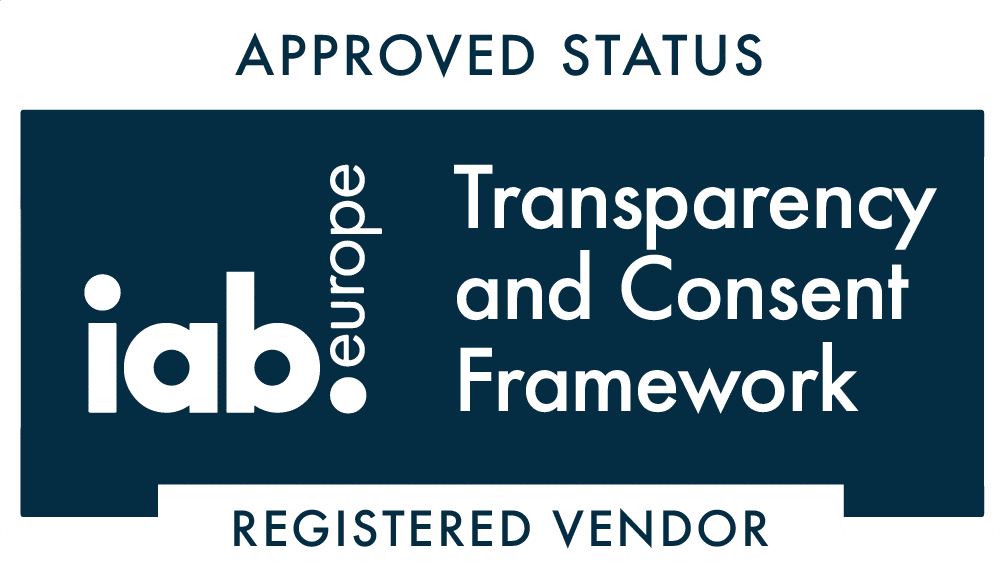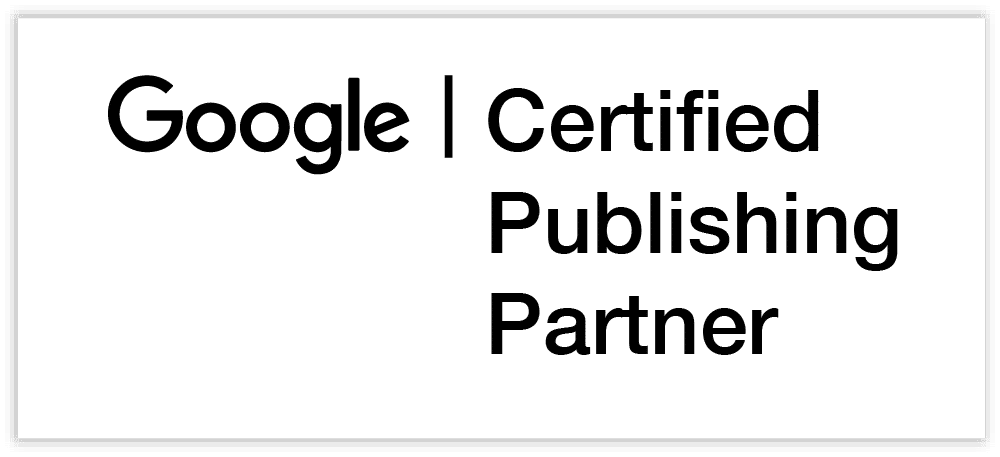During August, Google notified publishers that they would soon be rolling out a new and improved version of their content policies to minimize any confusion in terms of understanding what content can or cannot be monetized. The change comes as part of Google’s attempts to simplify and consolidate publisher products, such as AdSense, Ad Manager and AdMob. Content policies have now been divided into two categories: Google Publisher Policies and Google Publisher Restrictions. According to Google, these changes will “provide a clear outline of the types of content where advertising is not allowed or will be restricted.”
As always, Google’s main priority is maintaining trust in the digital advertising ecosystem and this requires setting limits on what type of content is acceptable to monetize. Therefore, publishers are required to adhere to these content policies when monetizing any content presented on page with Google ad code.
Google reported that in 2018, they removed 734,000 publishers and app developers from their ad network and ads from nearly 28 million policy-violating web pages.
What are the Google Publisher Content Policies?
Google Publisher Policies outline the types of content that are not allowed to display ads through Google’s publisher products. Publishers are required to comply with these policies and those that attempt to monetize policy-violating content are likely to have their account either suspended or terminated. Types of content that violate Google’s policy include:
- Illegal Content
- Child Sexual Abuse Material & Pedophilia
- Sexually Explicit Content
- Adult Themes in Family Content
- Intellectual Property Abuse
- Endangered or Threatened Species
- Dangerous or Derogatory Content
- Enabling Dishonest Behavior
- Misrepresentative Content
- Malicious or Unwanted Software
- Mail Order Brides.
For a more specific breakdown of what content falls within these categories, please click here.
What are the Google Publisher Restrictions?
Google Publisher Restrictions outline the types of content that is restricted from receiving certain sources of advertising. Restricted content does not violate policy, however it may not be appealing for all advertisers so Google Ads will continue not to serve on any restricted content. The following types of content will only receive ads from other advertising products or through direct deals set up between publishers and advertisers:
- Sexual content
- Shocking content
- Explosives
- Guns, gun parts and related products
- Other weapons
- Tobacco
- Recreational drugs
- Alcohol sale or misuse
- Online gambling
- Prescription drugs
- Unapproved pharmaceuticals and supplements
For a more specific breakdown of what content falls within these categories, please click here.
What does this mean for publishers?
In summary, the actual substance of Google’s content policies hasn’t changed – they’ve just made it easier for publishers to navigate and understand. These steps have been taken to aid in Google’s mission to help good publishers in their network to succeed. Publishers having a comprehensive understanding of these policies will also enable Google to create a more transparent and brand-safe environment online.
If you are an Ad Manager Publisher, all deals, as well as direct deals, served through Ad Manager are required to comply with these policies. Content that does not comply with the policies cannot be monetized using Ad Manager. Publishers that work with OKO can be reassured that their Google Certified expert will provide support regarding policy compliance.






